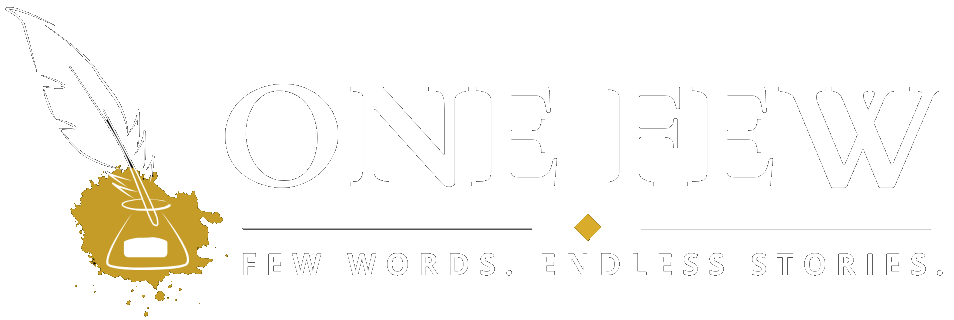The Letters Beneath the Flag
The Letters Beneath the Flag
The wind whispered through the narrow streets of Philadelphia on a crisp morning in March 1776, rustling the edges of freshly hung banners. Clara McAlister blinked against the unforgiving sun, her heart thumping in rhythm with the distant sounds of hammering and shouting. The air was thick with the scent of fresh ink from hastily printed flyers, and the occasional clink of glass from the taverns, where men would gather to discuss the growing currents of unrest.
“Clara!” a familiar voice called out, pulling her from her thoughts. It was Samuel Hale, a boy she had known since childhood. His cheeks were flushed with excitement, and his eyes danced like the flames in the hearth.
“Samuel! You shouldn’t be running about so carelessly. The streets are no place for joy today,” she chided, though a smile tugged at her lips. They both knew the weight hanging over their city.
“Ah, but joy is all we can cling to in these times,” he replied, plucking a paper from his pocket. He extended it, its edges frayed. “The Congress is declaring independence! Can you imagine it?”
Clara took the letter, her fingers grazing the rough parchment. The words danced like fireflies, lighting up her imagination with visions of freedom, but a shadow fell over her heart. “And what of our brothers?” The anticipation of revolution felt like a drum beating steadily against the backdrop of her worries.
Samuel’s countenance shifted. “Don’t you wish to see the British go, Clara? Think of it—we could have our own land, our own future.”
“I think of what we will lose,” she murmured, tucking the letter into her apron. The weight of her family’s home, filled with laughter and warmth, contrasted with the chaos that might soon follow. Her brother, David, was already a soldier, and she feared the stories she had heard of battlefields and blood.
“Clara,” Samuel said softly, stepping closer. “What if I promised you that we would make it through? That after all this, we would see the dawn of a new day together?”
A shiver ran down her spine as the winter breeze wrapped around them. Clara looked up at him, his earnestness a fragile candle in a tempest. “I fear for you,” she finally confessed. “Not just the world, but our friendship, our lives. This revolution—will it draw us together or tear us apart?”
He took her hands in his, warm against the chill. “We have to try. Whatever happens, I’ll make sure your letters find me, and I will write back. You must promise to keep the hope alive in them, Clara.”
“I don’t want hope if it comes at the price of losing you,” she whispered, her voice trembling like the flag unfurling above them. The threads wove together, emblematic of everything they cherished: their families, the laughter shared in twilight, and the dawning hope for change.
As they stood there, the world continued to rush around them, but time felt suspended, a delicate moment before the storm. The first notes of a fife split the sky, bright and piercing, echoing the summons to war.
Weeks turned into letters, and the flags billowed as if breathing with the city. Samuel fought valiantly, and Clara wrote tirelessly, pouring her heart into her words, unable to foresee the cruel twist of fate.
When the news came—Samuel fallen in battle—the ink on Clara’s letter turned to tears. She held the tattered paper he once sent, crumpling it in her fist.
That summer, as the flag of independence flew high, Clara planted a garden beneath it, each bloom a silent tribute to Samuel, the boy who dared to dream. In her heart, she knew they had both fought, in their ways, for what they loved.
Some battles are not fought on the fields, but within the heart, where flags unfurl in memory and hope never dies.
